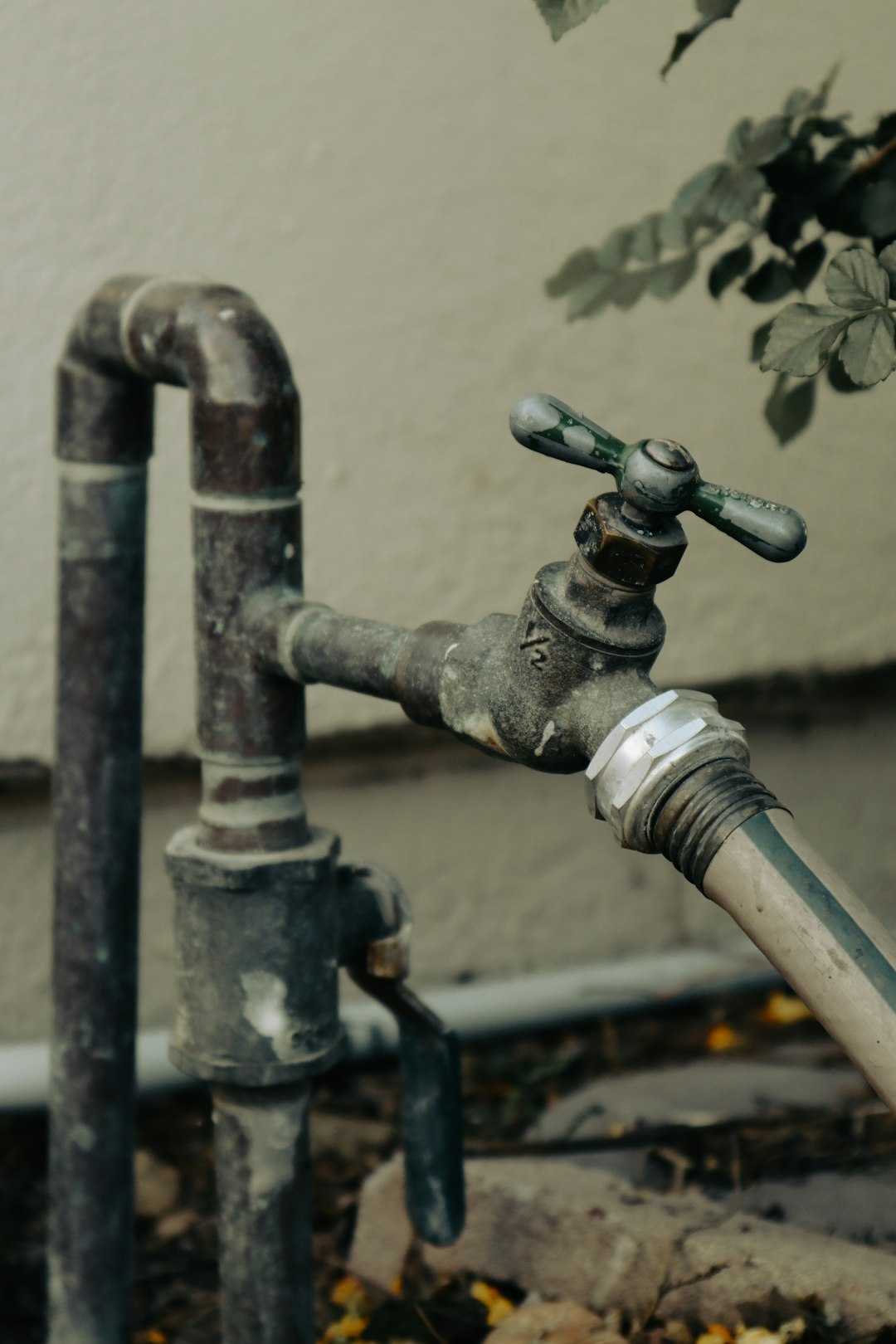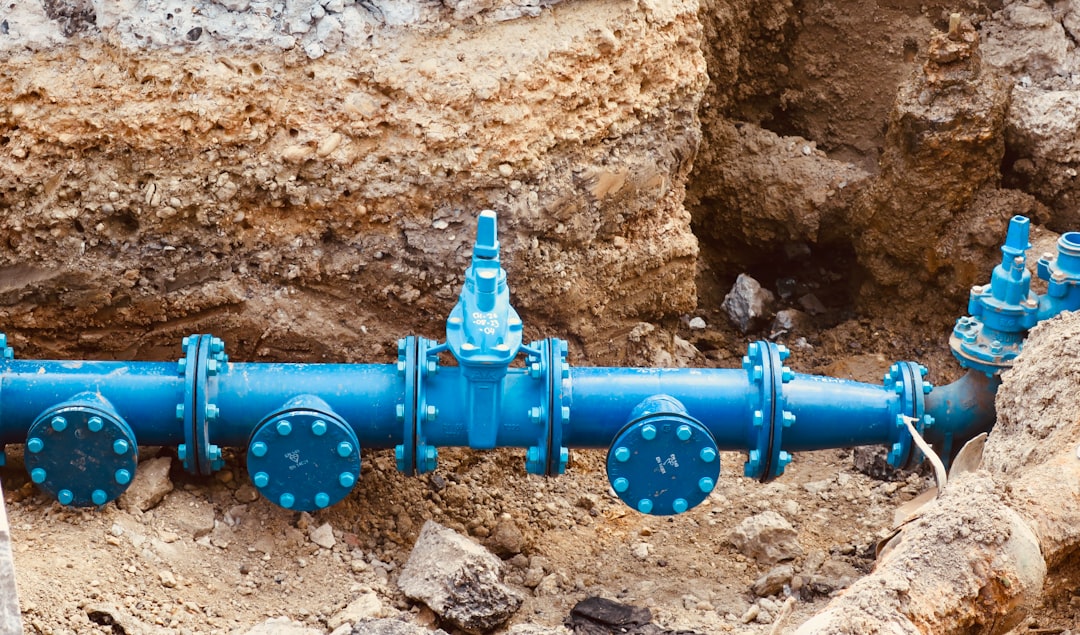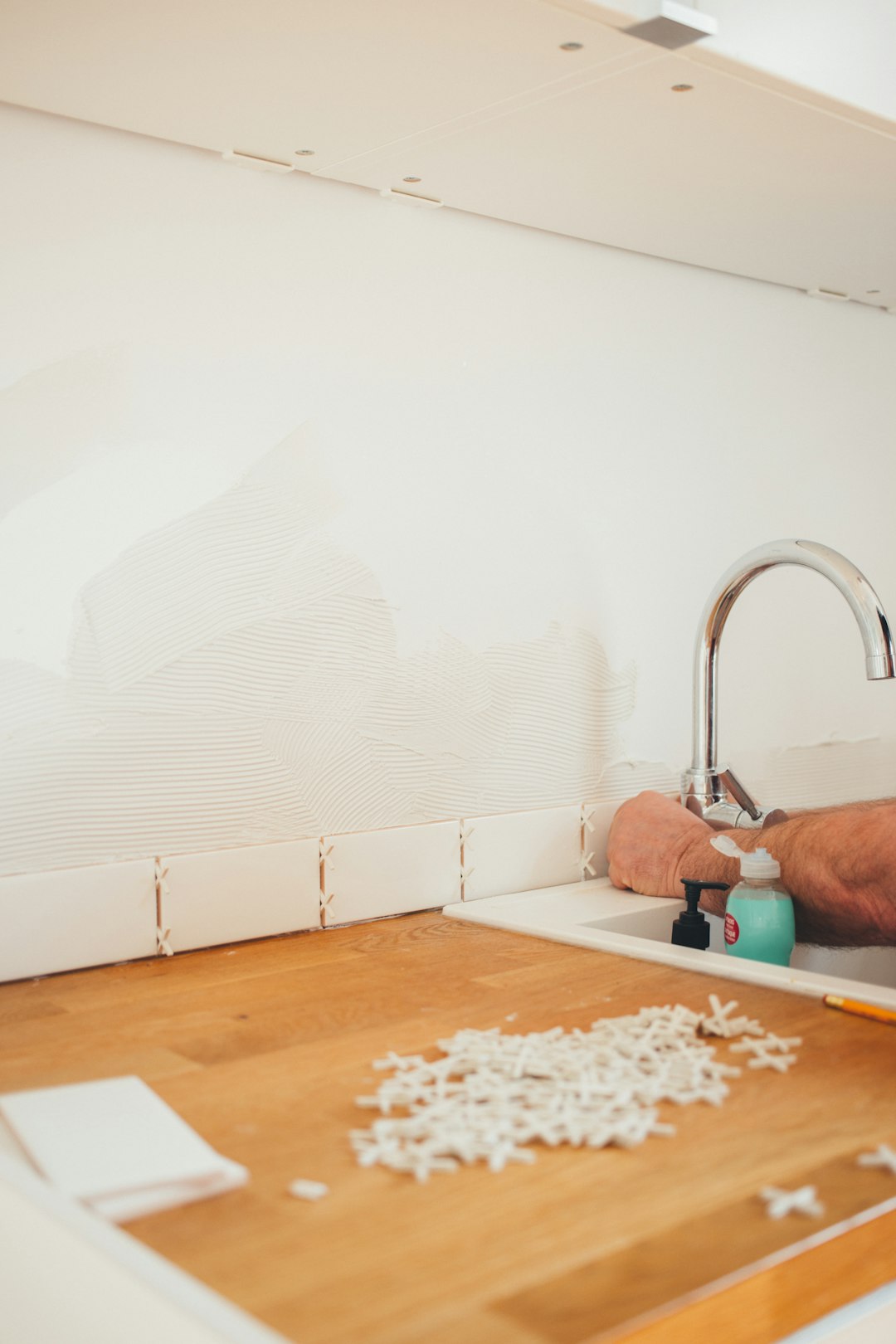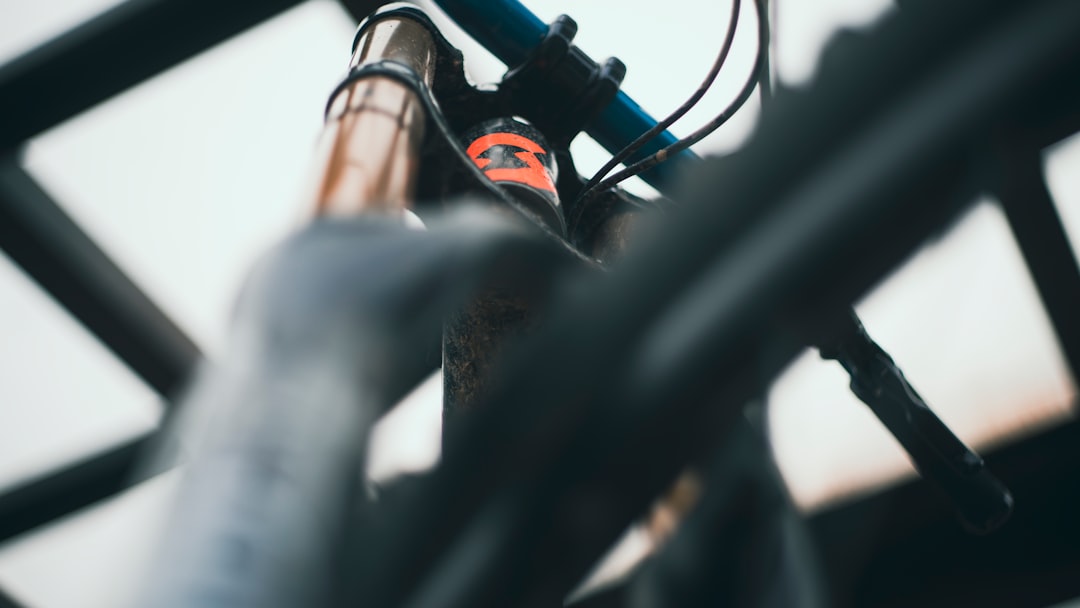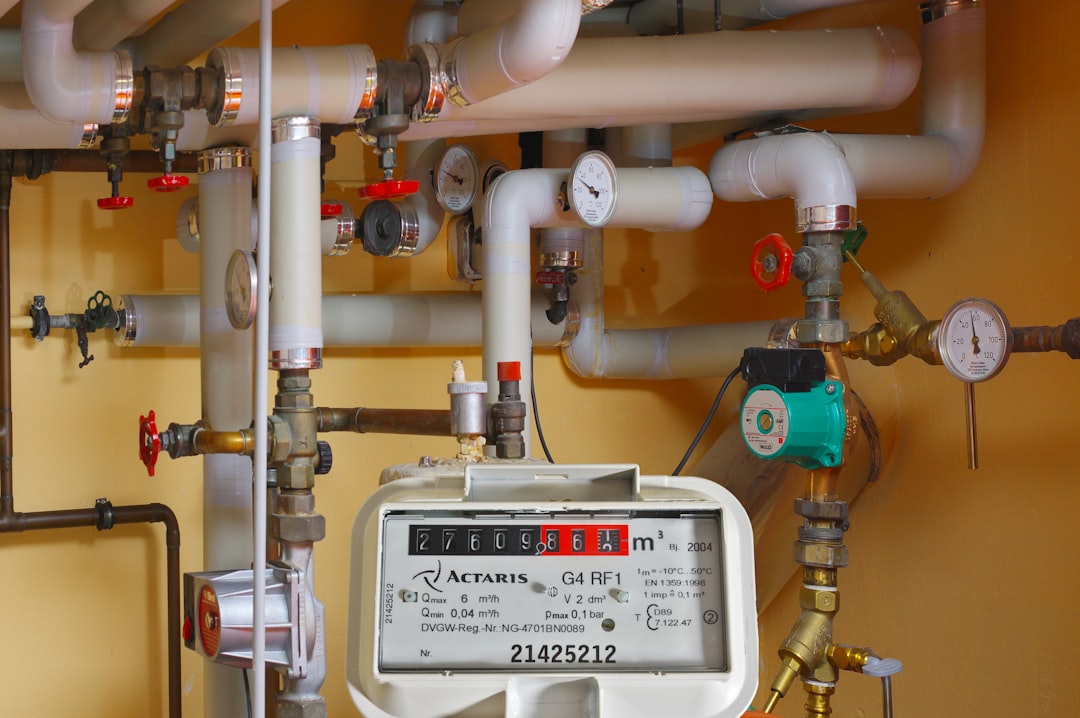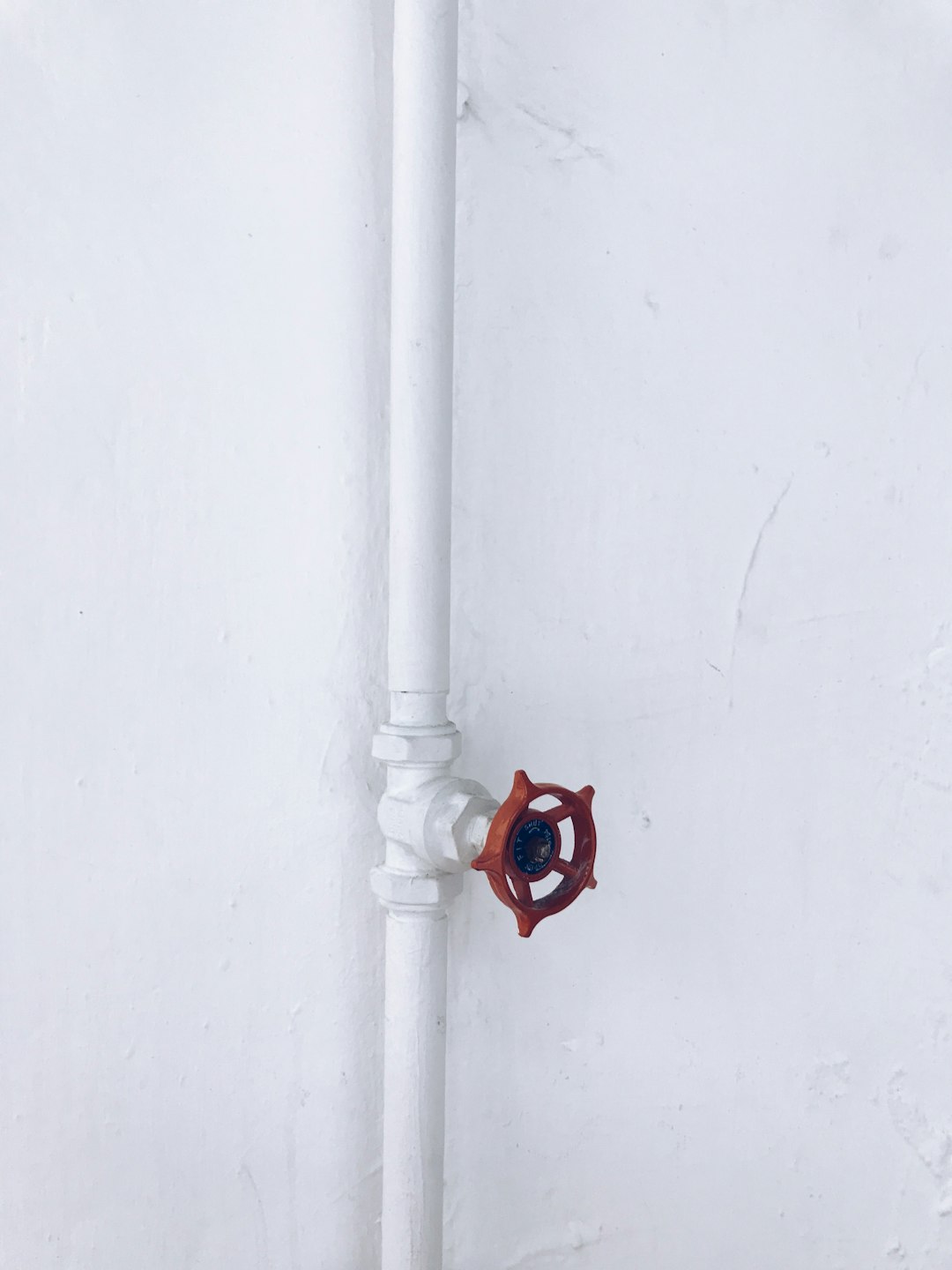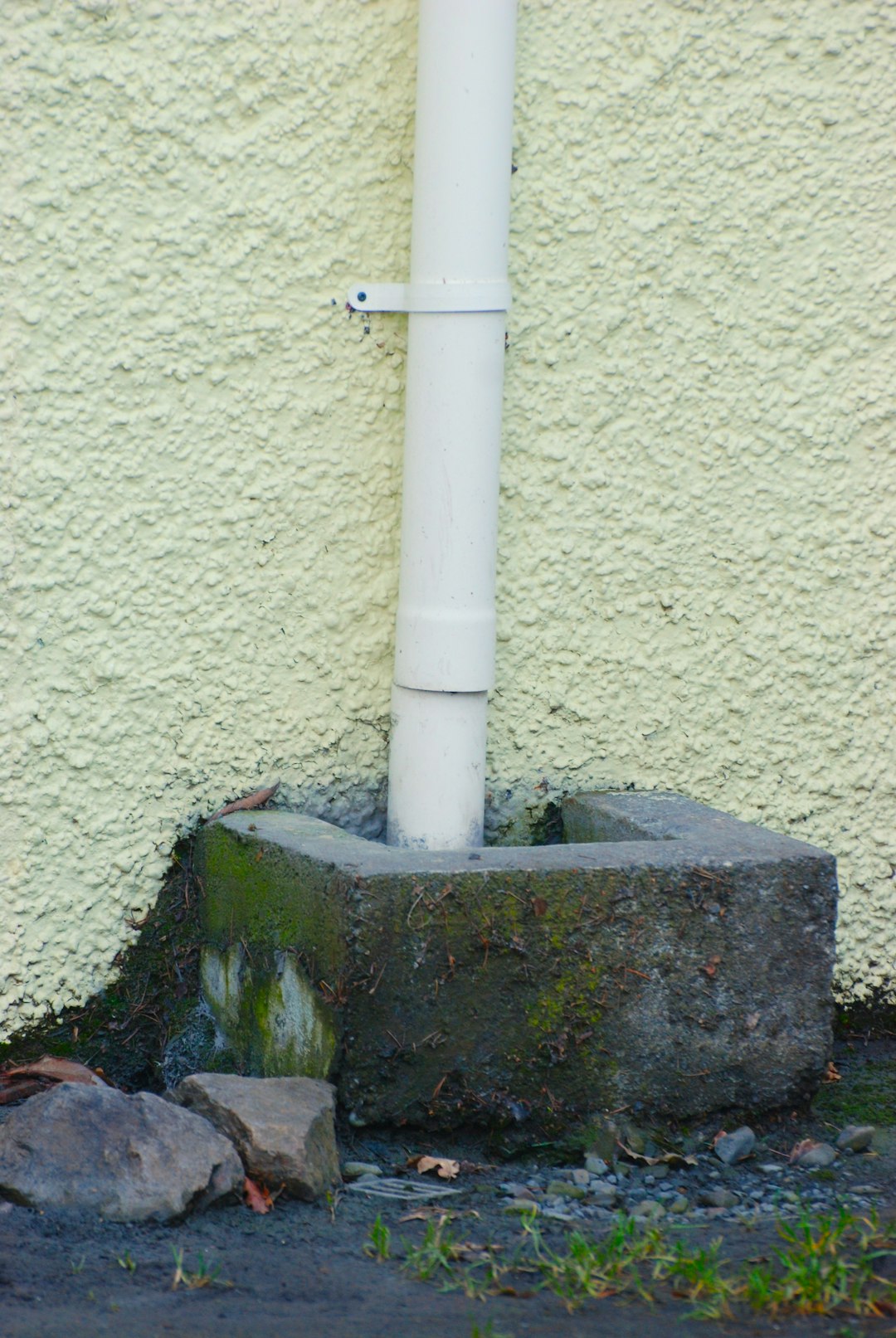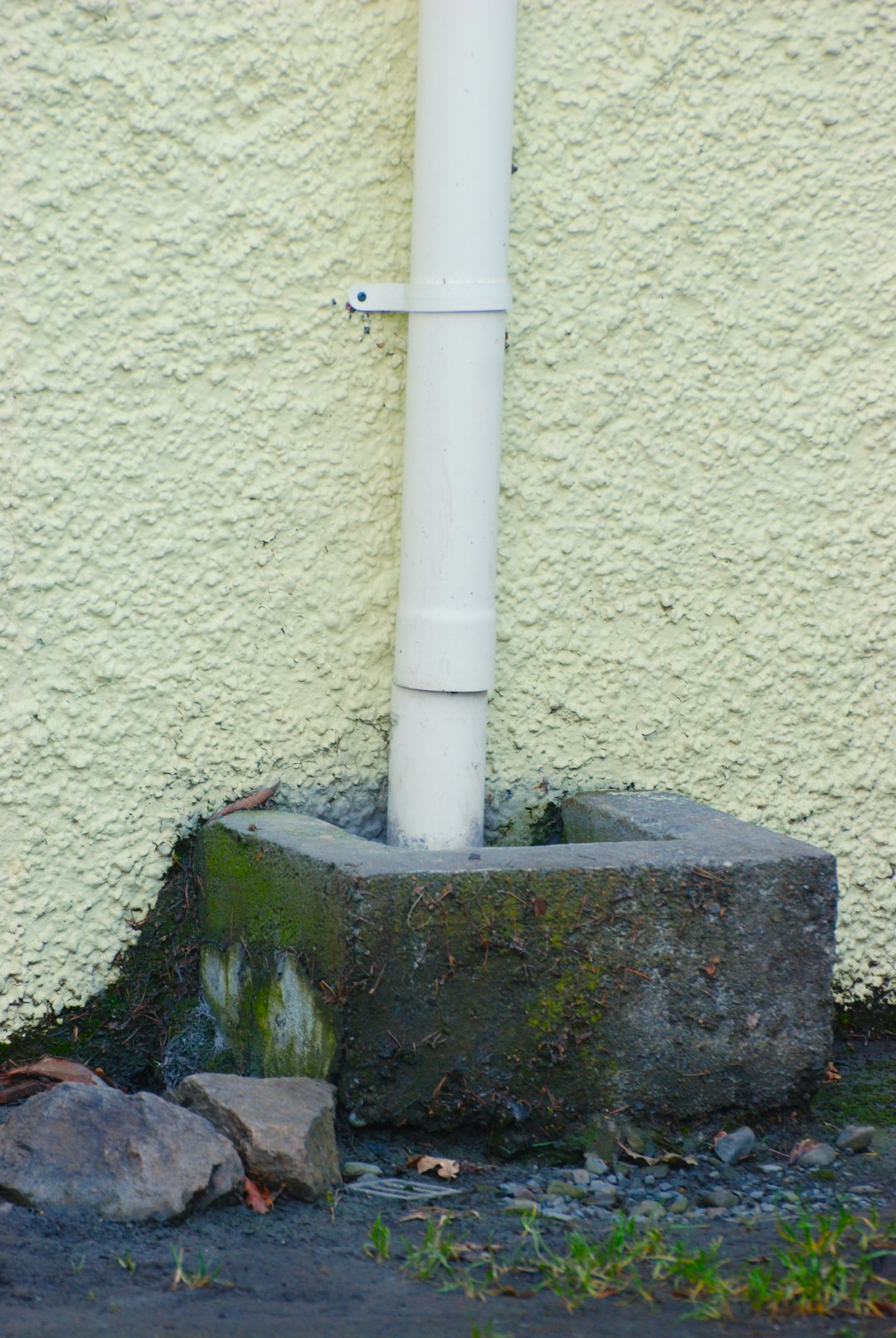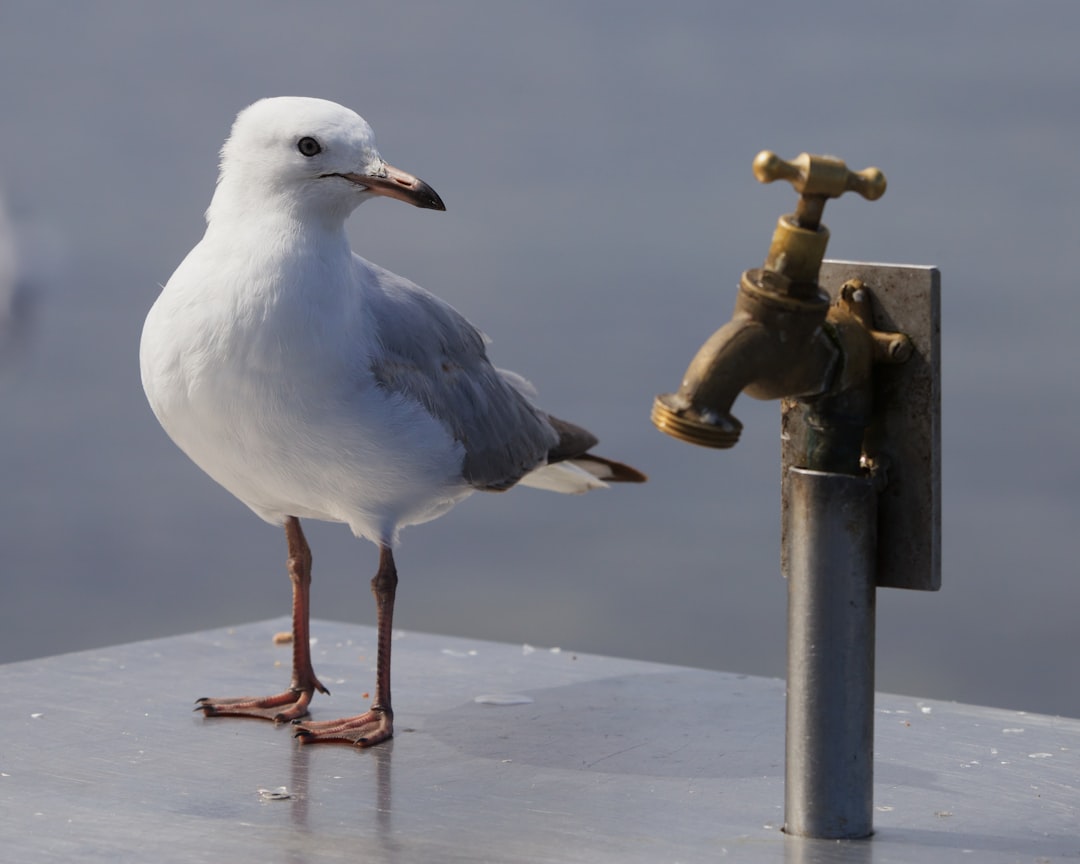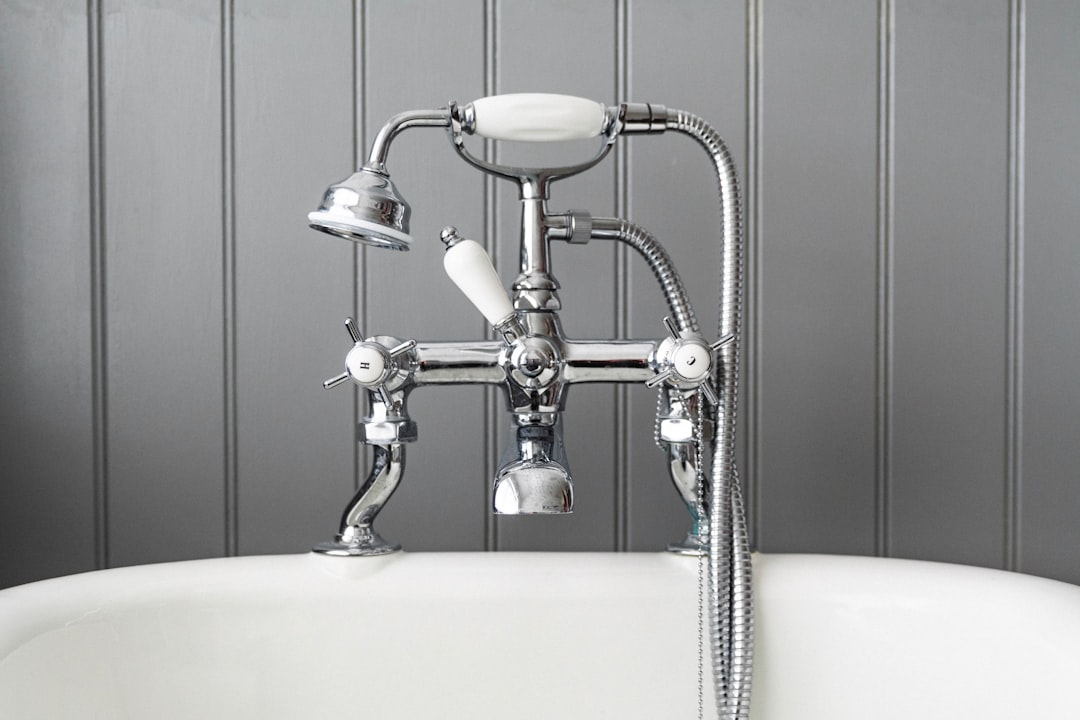Table of Contents
- Introduction
- Overview of plumbing qualifications
- Requirements for master plumber certification
- Educational paths for plumbing professionals
- Importance of apprenticeships in plumbing
- Continuing education for plumbers
- Key skills and knowledge areas for top plumbers
- Professional certifications and licenses
- Career advancement opportunities in plumbing
- Conclusion
- Frequently Asked Questions
Introduction
In the intricate world of plumbing, mastery is not just about fixing leaks or unclogging drains; it’s about achieving the highest qualification that empowers professionals to tackle complex challenges.
Join us on a journey through the essential qualifications in plumbing, where we will uncover what it takes to unlock the full potential of this vital trade.
From understanding the blueprints of modern plumbing systems to mastering the latest technologies, qualifying as a top-tier plumber opens doors to both personal and professional growth.
Prepare to dive deep into the nuances that distinguish novice plumbers from seasoned experts, explore rigorous training programs, and discover the unique skill sets required to ascend the ranks.
Are you ready to step into a realm where knowledge meets hands-on expertise? Let’s unlock the pipes together and unveil the path to plumbing excellence.
Overview of plumbing qualifications
An overview of plumbing qualifications reveals a structured pathway for aspiring plumbers. To kickstart a career in plumbing, individuals typically begin with a high school diploma or equivalent. Following this, they often enter an apprenticeship program, which combines hands-on experience with classroom instruction. Apprenticeships usually last between four to five years and provide practical skills in various plumbing tasks, such as installation, maintenance, and repair of plumbing systems.
In many regions, obtaining a plumbing license is a crucial step. Licensing requirements vary by state or country but generally involve passing a written exam that tests knowledge on plumbing codes, systems, and safety protocols.
For those looking to further enhance their credentials, pursuing advanced certifications in specialized areas, such as medical gas piping or backflow prevention, can be beneficial. Additionally, some plumbers may choose to continue their education through courses offered at community colleges or vocational schools.
These qualifications not only improve a plumber’s skill set but also increase job prospects and earning potential in a competitive industry.
Requirements for master plumber certification
To attain master plumber certification, candidates must typically meet several specific requirements that vary by state or region. Firstly, most jurisdictions require candidates to have a substantial amount of practical experience, often around four to five years, working as a journeyman plumber. This hands-on experience should be under the supervision of a licensed master plumber.
In addition to experience, candidates usually need to complete a specific number of educational hours related to plumbing, which can include courses in plumbing codes, advanced plumbing techniques, and business management.
After meeting the experience and educational requirements, candidates must pass a comprehensive examination that tests their knowledge in various plumbing aspects, including state codes, safety regulations, and installation techniques.
Some areas might also require background checks or proof of liability insurance.
Achieving master plumber certification not only demonstrates a high level of expertise but also opens doors to advanced job opportunities, making it a valuable goal for those in the plumbing profession.
Educational paths for plumbing professionals
The educational path for plumbing professionals typically begins with a high school diploma or GED, which provides foundational skills in mathematics, physics, and technical drawing. Many aspiring plumbers then choose to enroll in a vocational training program or plumbing apprenticeship. These programs, often lasting 1 to 4 years, combine classroom instruction with hands-on experience, allowing students to learn the trade under the guidance of experienced plumbers.
Topics covered usually include plumbing codes, pipefitting, welding, and system design. After completing their training, individuals may obtain various certifications that demonstrate their knowledge and proficiency in plumbing practices.
Some may also pursue an associate degree in plumbing or a related field, which can enhance their understanding of business and management principles essential for running a successful plumbing business. Furthermore, ongoing education is key in adapting to new technologies and regulations in the plumbing industry, ensuring that professionals remain competitive and knowledgeable throughout their careers.
Importance of apprenticeships in plumbing
Apprenticeships play a crucial role in the plumbing industry, providing aspiring plumbers with valuable hands-on experience and technical training. These programs typically combine on-the-job training with classroom instruction, enabling apprentices to learn both practical skills and theoretical knowledge necessary for the trade.
One of the key benefits of an apprenticeship is that it allows individuals to work under the guidance of experienced plumbers, gaining insights into best practices, safety protocols, and problem-solving techniques that are essential for success in the field. This mentorship can significantly enhance the apprentice’s skill set and confidence as they progress in their careers.
Additionally, apprenticeships help bridge the gap between education and employment, making it easier for individuals to secure jobs after completion. Employers often prioritize hiring individuals with apprenticeship experience, as it demonstrates a commitment to the profession and practical knowledge of the trade.
Ultimately, the importance of apprenticeships in plumbing cannot be overstated, as they are vital for skill development and play a pivotal role in ensuring that the next generation of plumbers is well-equipped to meet industry demands.
Continuing education for plumbers
Continuing education is essential for plumbers who wish to stay current with new technologies, regulations, and industry standards. This ongoing learning process helps plumbers enhance their skills, broaden their knowledge base, and ultimately improve the quality of their work. Many states require licensed plumbers to complete a certain number of continuing education hours to maintain their licenses, ensuring that professionals remain updated on safety practices and advancements.
Continuing education can take many forms, including workshops, online courses, and hands-on training sessions. Topics may cover new plumbing technologies, environmental regulations, code updates, and advanced installation techniques. By participating in these educational opportunities, plumbers not only enhance their personal skills but also boost their employability and reputation within the industry.
In addition, ongoing education fosters a sense of community among plumbing professionals, as they can share insights and experiences. Networking opportunities in these educational settings can lead to collaborations and mentorship, further enriching the professional growth of participants.
Key skills and knowledge areas for top plumbers
To excel as a top plumber, several key skills and knowledge areas are essential. First and foremost, a strong understanding of plumbing systems is crucial, including knowledge of water supply, drainage systems, and venting requirements. Proficiency in using various tools and techniques for installation, repair, and maintenance is also vital.
In addition, top plumbers must possess excellent problem-solving skills to diagnose issues quickly and effectively. Attention to detail is important to ensure that installations are up to code and function as intended.
Communication skills are equally important since plumbers often interact with clients, contractors, and other professionals. Being punctual and demonstrating reliability further enhance a plumber’s reputation.
Furthermore, top plumbers should continually update their knowledge regarding industry standards, regulations, and emerging technologies. This commitment to ongoing education helps them remain competitive and provide the best service possible.
Lastly, effective time management and organizational skills enable plumbers to handle multiple projects efficiently, ensuring customer satisfaction while maximizing their productivity.
Professional certifications and licenses
Professional certifications and licenses are essential components for plumbers seeking to enhance their credentials and improve their job prospects. In most regions, plumbers are required to obtain a license to practice legally. This process typically involves completing a set number of hours in an apprenticeship program, followed by passing a comprehensive exam that tests their knowledge of plumbing systems, codes, and safety practices.
Certifications, on the other hand, are often voluntary but can significantly elevate a plumber’s expertise. Various organizations, including the National Center for Construction Education and Research (NCCER) and the American Society of Plumbers, offer specialized certifications that focus on specific skills or areas within the plumbing industry, such as installation, maintenance, or green plumbing technologies.
Moreover, continuing education is crucial in maintaining these certifications and licenses, as plumbing codes and regulations frequently evolve. Plumbers pursuing advanced training in certain specialties, like gas fitting or backflow prevention, can enhance their qualifications and broaden their career opportunities in this competitive field.
Career advancement opportunities in plumbing
Career advancement opportunities in plumbing are diverse and can lead to various specialized roles within the industry. As plumbers gain experience and additional certifications, they can move into supervisory positions or management roles, overseeing teams of plumbers and ensuring that projects are completed efficiently and safely. Further education can lead to roles such as plumbing inspector, where individuals assess the quality and compliance of plumbing installations.
Another avenue for advancement is specialization in areas such as green plumbing, which focuses on sustainable practices and water conservation technologies. With the increasing demand for energy-efficient systems, plumbers who are knowledgeable in these areas can set themselves apart in the job market. Additionally, experienced plumbers may choose to start their own businesses, providing them with the opportunity to control their own work environment and establish their reputation in the industry.
Continuing education through workshops, seminars, and certification programs can aid plumbers in staying current with industry trends and regulations, further enhancing their career prospects. Networking with professionals in the field can also create opportunities for advancement and collaboration.
Conclusion
In conclusion, pursuing the highest qualification in plumbing, such as the Master Plumber certification, is a significant step for those seeking to excel in this essential and rewarding trade. The journey involves rigorous training through apprenticeships, hands-on experience, and a dedication to continuous education. As the plumbing industry evolves, staying updated on the latest technologies and regulations is crucial for success. By enhancing skills, acquiring licenses, and gaining certifications, plumbers can unlock numerous career advancement opportunities and provide invaluable services to their communities.
Whether you are starting your plumbing journey or looking to elevate your current status, now is the time to act. Don’t hesitate to call 573-555-2121 for expert plumbing assistance. Your journey to success in the plumbing industry starts with the right guidance and support!
